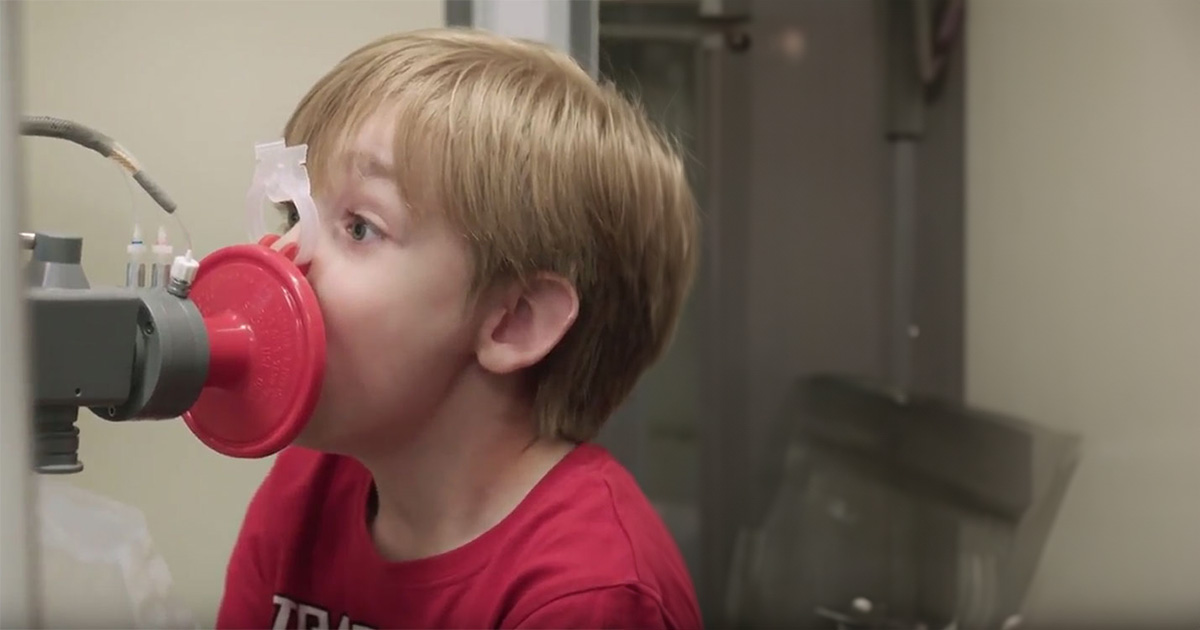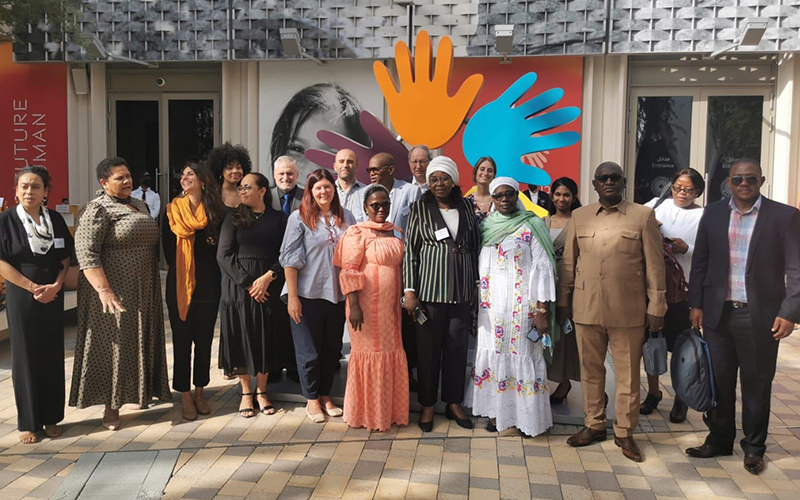Search

News & Events
WA Government delivers funding boost to research sectorMEDIA ENQUIRIES Mailing list Discover. Prevent. Cure. Media Contacts Be Inspired About The Kids Please direct general enquiries to our reception on (

News & Events
Census data reveals stark gap in asthma risk for inner and outer city kidsChildren who live in the outer suburbs of Australia’s four biggest cities are twice as likely to have asthma as those living in inner city areas, according to a new study based on health data captured in the last Australian Census.

News & Events
Back to school: How to pack a healthy lunchbox to keep your child fuelled up for learning and playSummer holidays are nearly over, and with that, the never-ending requests for snacks that seem to come all day, every day.

News & Events
Event: Voice Panel discussionJoin Prof. Fiona Stanley AC, D. Morrison-Bird (CEO, Wungening), & RAP Co-Chair L. Chester in a pivotal talk on the Uluru Statement, and the difference a voice can make.

News & Events
Lab results confirm promise of new immunotherapy gel for kids cancerNewly published research from The Kids Research Institute Australia and The University of Western Australia has found a gel applied during surgery to treat sarcoma tumours is both safe and highly effective at preventing the cancer from growing back.

News & Events
Proactive measures at Banksia Hill welcomedWe welcome the Cook Labor Government’s plan to introduce proactive measures to improve the safety and welfare of children and young people within the State’s youth justice system.

News & Events
Pandemic healthcare disruptions contributed to 76,000 extra malaria deaths: reportDisruptions of malaria case management caused by the COVID-19 pandemic likely contributed to an extra 76,000 malaria deaths in sub-Saharan Africa, according to analysis by The Kids Research Institute Australia and Curtin University.

News & Events
New project aims to improve cultural safety in mental health servicesThe project will focus on improving cultural safety in mental health services for Aboriginal and Torres Strait Islander children and young people.

News & Events
Holistic Early Childhood Development Index goes globalChildren around the world could have better access to education thanks to an early childhood development index created for UNESCO by The Kids researcher, Prof Sally Brinkman.

